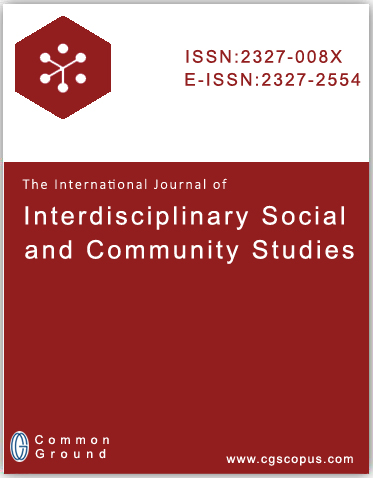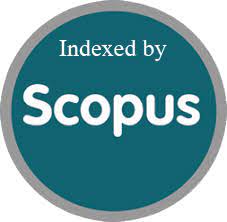Studying Rhetorical Sentence Through the Semantic-Syntactic Analysis Of Its Interrogative And Negative Constructions (On The Examples Of Uzbek And English Languages)
DOI:
https://doi.org/10.18848/4gc7qa20Abstract
This scientific study is devoted to the study of the rhetorical sentence as a little- studied syntactic, grammatical and even semantic element of linguistics through a detailed analysis of its interrogative and negative structure. In particular, a detailed description of interrogative and negative syntactic constructions is given through the prism of their rhetorical orientation. The author also gives a number of examples of interrogative and negative sentences in English and Uzbek with a clear explanation. Thу given research also aims to describe the main lexical and semantic features of a relatively understudied sentence type (rhetoric) through the prism of structural components and to identify its most important semantic elements. The components of a rhetorical utterance constitute a single grammatical form that is subject to the expression of certain objective and subjective meanings and is reproduced in the utterance. The scope of negation extends both to the utterance as a whole and to its individual components. In this context, a distinction is made between general and special rhetorical expressions of negation, which differ in the degree of categorical negation.










